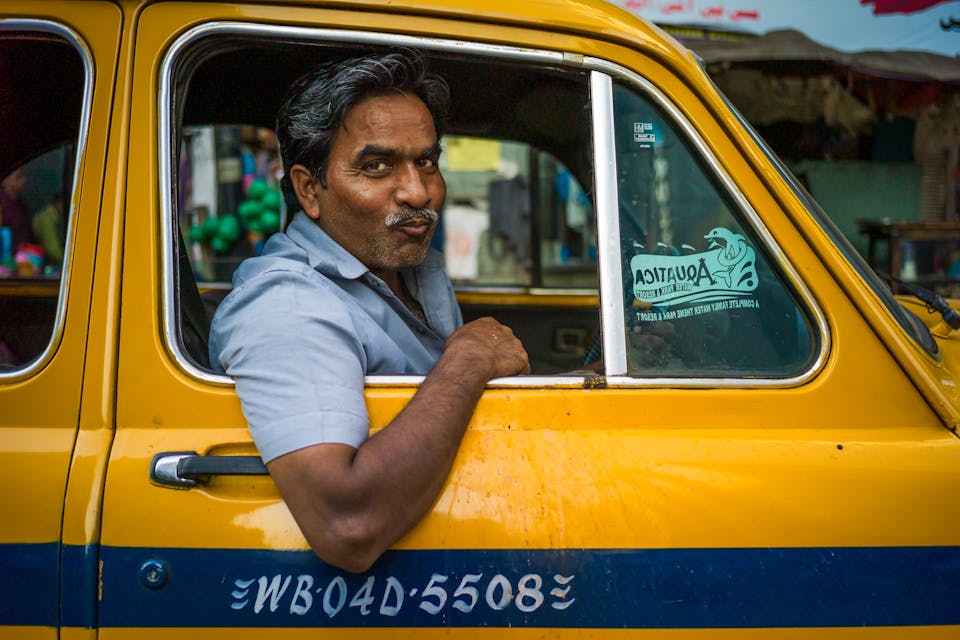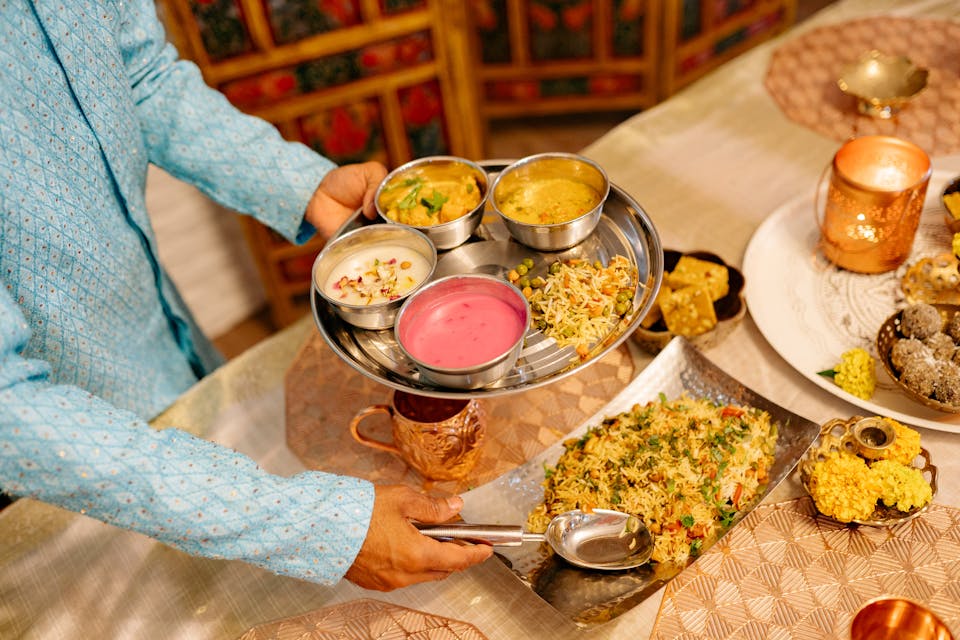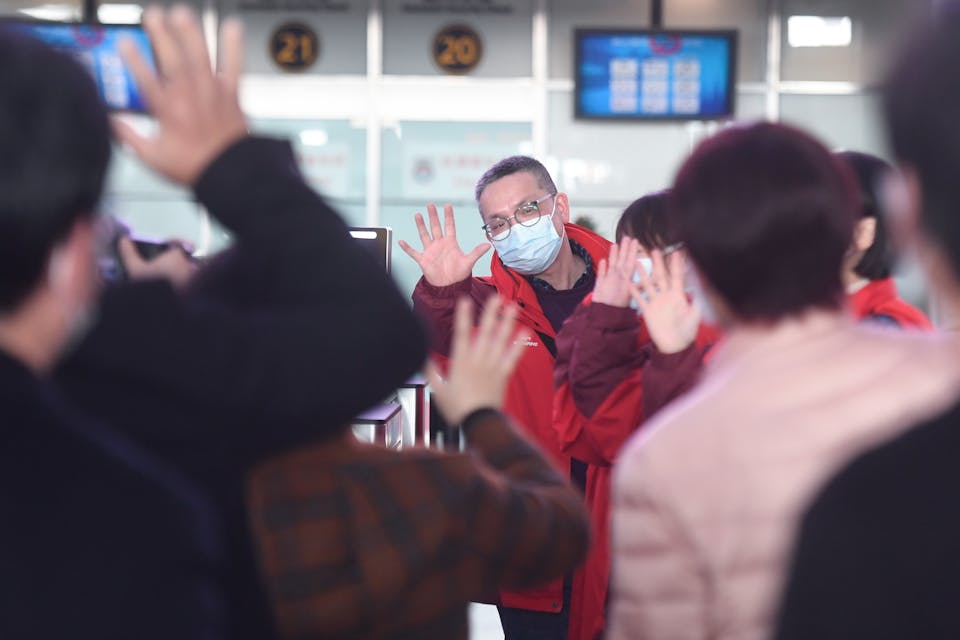Good manners never go out of style, especially when you are exploring a new destination. Travel etiquette is more than saying “please” and “thank you.” It is about respecting customs, people, and places that are different from what you know. When travelers show respect, they help create positive connections that make every experience more enjoyable and memorable.
Practicing travel etiquette sets the tone for how others perceive you. Locals often appreciate visitors who take the time to learn small gestures of politeness. This can be as simple as greeting someone in their language, dressing appropriately for cultural or religious sites, or showing patience during delays. A mindful traveler builds bridges rather than barriers, and that makes every trip more rewarding.
The Basics of Travel Etiquette

Before you step onto a plane or train, take time to understand the customs of your destination. Learning basic greetings, table manners, and tipping expectations can make interactions smoother. In Japan, for instance, it is polite to bow slightly when greeting others, while in Italy, eye contact and warmth are valued during conversations. These details reflect respect for the culture and appreciation for the people who call it home.
When traveling, small actions can make a big difference. Lower your voice in public spaces, keep your phone on silent in museums, and always ask before taking photos of people. Being considerate of others’ privacy and personal space shows maturity and awareness. Every culture has different standards, but respect is a universal language that everyone understands.
Travel Etiquette on Transportation

Public transportation etiquette is essential whether you are taking a subway in New York, a tram in Amsterdam, or a tuk-tuk in Bangkok. Always allow passengers to exit before boarding, avoid blocking aisles, and offer your seat to elderly passengers or those with disabilities. Keeping noise low and belongings close helps everyone enjoy a more peaceful ride.
If you are renting a car or scooter, follow local driving customs and rules. What feels acceptable in one country might be considered rude in another. In some places, honking is normal, while in others, it is a sign of frustration. Staying observant and flexible helps you adapt quickly and keeps your travels stress-free.
Dining with Grace and Cultural Awareness

Eating abroad is one of the great joys of travel, but it also comes with unique customs. In many Asian countries, finishing your plate shows appreciation for the meal, while in some Middle Eastern cultures, leaving a small portion can signify satisfaction. Always research dining etiquette ahead of time.
Use utensils or hands according to local practice, and avoid making negative comments about unfamiliar dishes. Remember that food often carries deep cultural meaning. Sharing a meal respectfully builds trust and friendship faster than words ever could. Gratitude is a universal expression that leaves a lasting impression wherever you go.
Respecting Sacred Spaces and Natural Sites

Temples, churches, and mosques deserve extra mindfulness. Dress modestly, remove shoes if required, and keep conversations quiet. Even when photography is allowed, avoid taking selfies in sacred or solemn areas. Your sensitivity shows that you value local traditions and beliefs.
Nature also deserves your respect. Leave no trash behind, stay on designated paths, and never disturb wildlife. Practicing sustainable travel manners helps preserve the beauty that future visitors will enjoy. A polite traveler leaves every destination as pristine as they found it.
Social Media and Modern Manners

In the age of constant sharing, travel etiquette extends to social media. Posting respectfully means being thoughtful about what images and stories you share. Avoid posting photos that could embarrass or exploit locals, and give credit to artists or guides who contribute to your experience.
When writing reviews, be fair and balanced. Constructive feedback helps businesses improve, while kindness and honesty support small communities that rely on tourism. Remember that digital footprints can have real-world consequences. Practicing good online manners is just as important as being polite in person.
How to Practice Travel Etiquette Daily

Make politeness a habit before your trip begins. Smile at airport staff, say thank you to your hotel team, and tip fairly when service is good. Keep calm in unexpected situations like delays or lost luggage. How you handle frustration speaks volumes about your character.
You can also model respectful behavior for other travelers. If you see someone behaving inappropriately, lead by example instead of confrontation. People often mirror good manners when they observe them. Travel etiquette is contagious in the best way possible.
Becoming a Global Citizen Through Travel Etiquette

When you travel with empathy and awareness, you do more than visit new places. You become part of a global community built on mutual respect. Every kind gesture, from holding a door open to greeting a local vendor, contributes to a culture of connection.
Traveling courteously enriches not only your journey, but also the lives of those you meet. People remember travelers who are gracious and humble, not demanding or entitled. Respect is the secret ingredient that transforms sightseeing into genuine cultural exchange.
By making travel etiquette a priority, you open doors to deeper experiences, lasting friendships, and a greater understanding of the world. Manners are timeless, and they truly matter wherever you go.


